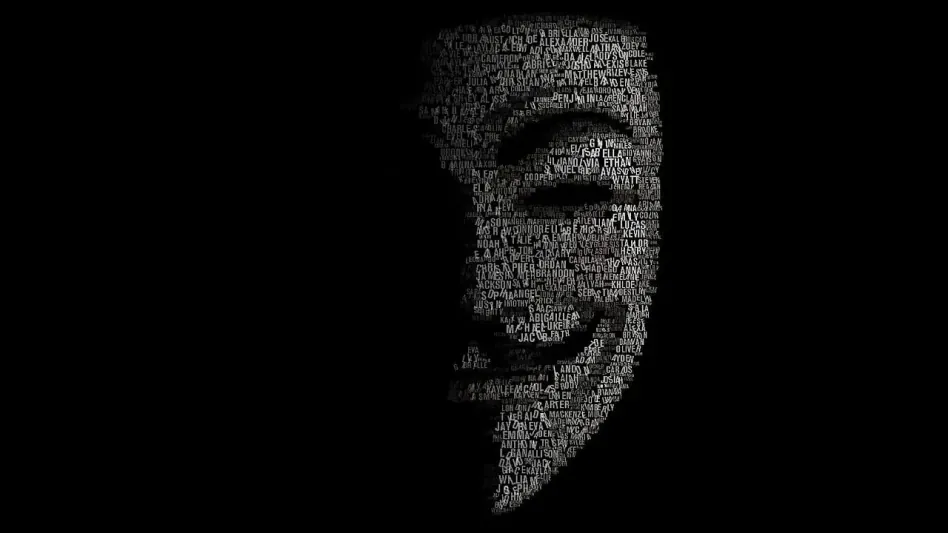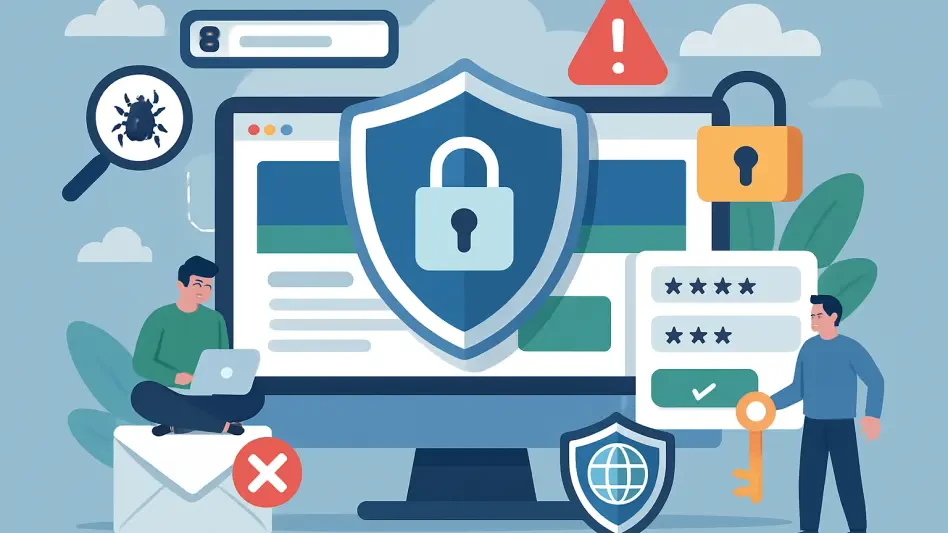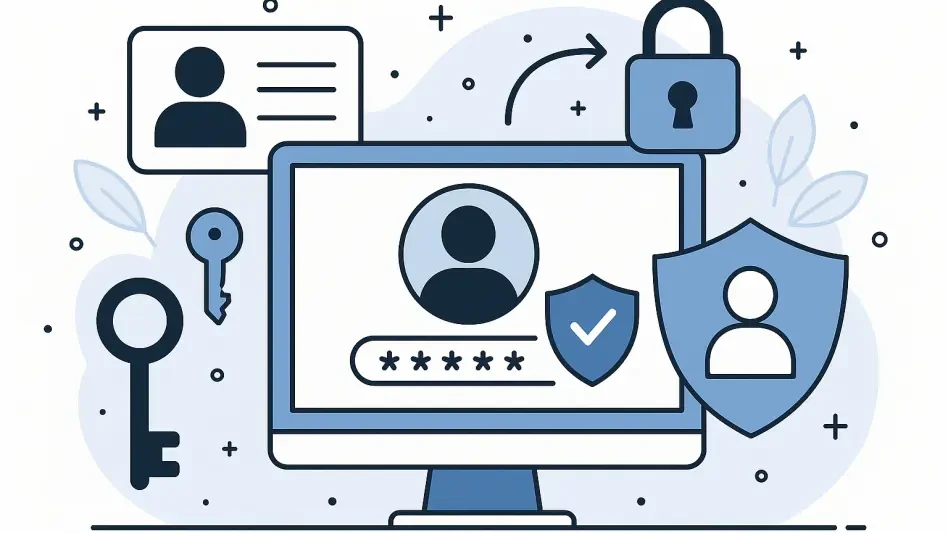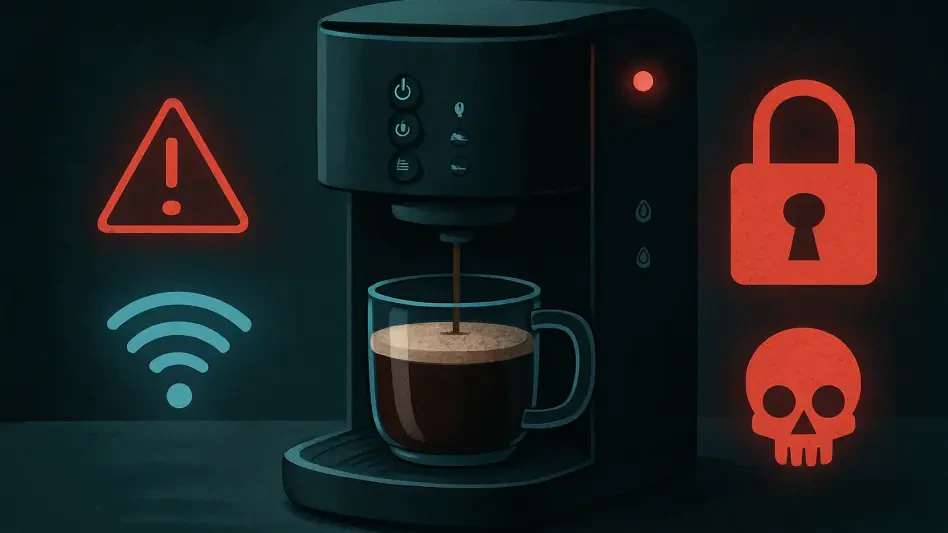It is common knowledge that hackers usually engage in illegal activities, but occasionally. They know how to show their humorous side. When they combine cultural references with humor, the public can see messages that make them laugh, even if for a brief moment. Despite their unsafe delivery, these humorous computer “bugs” bring cleverness and lightheartedness to otherwise trying security times.
This article examines the five surprising cases where pirates displayed their comedic prowess. Hacking is not just about technical skills. Some skilled hackers add humor to their work. For example, they might change bomb instructions into recipes for mojito cupcakes or play rock music in nuclear facilities. They can also take over traffic signs to warn people about Godzilla. The five following examples illustrate how some black hats have a terrific sense of humor when they want to.
Can Hacking Even Be Lighthearted?
First, it is important to emphasize that any online crime can lead to legal trouble and damage to a person’s or business’s reputation. Organizations and individuals must act ethically when managing technology to protect data privacy. A joke that seems harmless to some can be a big security risk for others.
On a lighter note, most people think of a cool kid typing incredibly fast, hacking into banks or the Pentagon, and committing heinous digital crimes. Yet some talented coders deliberately avoid hurting systems and protecting confidential information. Their goals involve accessing unauthorized networks or systems to provide entertainment in unexpected digital spaces. Here are some of the funniest cyber intrusions recorded so far:
The Five Funniest Hacker Attacks
Enjoy the following list containing the most unforgettable and entertaining infiltrations demonstrating cybercrime’s humorous effects.
Ellen Takes on Al-Qaeda
A surprising yet ridiculous event occurred in cyberterrorism operations in 2011. The British intelligence agencies performed a digital intrusion into a Jihadist online network, which had posted instructions for constructing bombs. UK intelligence agencies stole bomb-making instructions from terrorists and then replaced them with a harmless video titled “The Best Cupcakes in America” from the Ellen DeGeneres show.
It is a wonderful example of how white-hat hackers transformed a threatening, dangerous operational resource into a comical baking tutorial. The operation forced bomb-making recruits to occupy themselves with code for meals. Using a humorous twist, this clever counterterrorism mission successfully converted a threatening information source.
When Printers Strike Back
In 2017, the internet experienced an unusual security breach that caused thousands of printers worldwide to malfunction. A hacker known as Stackoverflow created a program that scanned the internet for unsecured printers, and when it found them, it made them print a specific message.
The message said: “Hackers with the username Stackoverflowin are back to spread their power through botnets that control compromised printers. Your printer has been owned.”
Stackoverflow’s automated intrusion affected over 150,000 printers that their users had left unprotected. Instead of causing harm, the hacker displayed a playful message to encourage users to improve their printer security.
This incident highlighted the security risks of IoT devices, and the public questioned why so many printers were left unprotected. Although StackOverflow did not cause any damage or steal data, his actions showed the dangers of having unprotected devices.
Godzilla vs. Rush Hour Traffic
In 2014, drivers on Van Ness Avenue in San Francisco saw a strange traffic warning: “Godzilla Attack! Turn back.”
This warning wasn’t from a new Godzilla movie promotion. Instead, an intruder broke into the city’s traffic alert system. Instead of sending regular traffic updates or accident warnings, they added humor by warning drivers about a fictional monster.
Photos of the strange traffic signs became popular online, and many people found the situation funny. However, Homeland Security took the matter seriously and started an investigation to find the cyberpunk. The warning did not cause any real harm, but it made a regular day of driving more interesting. However, it could have been dangerous if people took it seriously.
Donald Trump Teases His New Mixtape
In 2013, Donald Trump’s Twitter account was hacked. The hacker posted a strange message that was quickly deleted: “These [derogatory term for women] think they’re classy, well that’s the class I’m skipping.”
This quote was from a song by rapper Lil Wayne, which made people think Trump might be planning a new mixtape with him. The message caused a lot of buzz, but Trump soon clarified that his account had been hacked. He tweeted, “My Twitter has been seriously hacked — and we are looking for the perpetrators.”
The breach was not harmful since it was just a rap quote, but it showed how even powerful accounts can be vulnerable. Surprisingly, a president-elect’s Twitter could be targeted for a quick musical teaser.
AC/DC Makes It in Iran
When we think of cyberwarfare, we often picture severe, malicious attacks meant to disrupt vital infrastructure. An example is the Stuxnet virus 2010, which unexpectedly targeted Iran’s nuclear facilities.
The U.S. and Israeli governments reportedly created this virus to interfere with Iran’s nuclear program by attacking their computer networks. However, the hackers added a surprising twist: they made the workstations in the facility play AC/DC’s Thunderstruck at full volume.
Since this music was banned in Iran, it became an unexpected soundtrack to a serious cyberattack. While the virus damaged Iran’s nuclear efforts, the hackers’ use of Thunderstruck showed a playful side during a tense political situation. AC/DC might not have imagined their music would be part of an international hacking operation.
How to Always Have the Last Laugh
While some of these incidents may seem funny, most hacks are serious and harmful. Cybercrimes like identity theft, ransomware, and data breaches can cause real damage to people and businesses. Having a sense of humor is essential, but protecting yourself from harmful cybercrime should be a priority.
Here are a few ways to stop hackers from misusing your data:
Stop Using Simple Passwords
Pirates often gain access to your accounts by using weak passwords. Avoid obvious choices like your pet’s name or your birth year. Instead, create strong passwords that mix uppercase and lowercase letters, numbers, and symbols. If you struggle to remember them, use a password manager to store and make your passwords securely.
Take a Caution-First Approach
Not all hackers are funny. Be careful and skeptical of emails, pop-up ads, or messages you didn’t expect. Phishing attacks and malware are common ways hackers try to steal your personal information. Being cautious can help stop these attacks from working.
Start Using a VPN
A VPN, or Virtual Private Network, is an effective tool for protecting your online privacy. It encrypts your data, which stops hackers from spying on your activities. A VPN keeps browsing safe and helps avoid intrusive ads and harmful websites.
Conclusion
Hackers often have a bad reputation because of their criminal activities. However, sometimes, they show creativity and humor. For instance, they might replace bomb-making guides with cupcake recipes or blast rock music during a cyberattack. These moments remind us that not all hackers want to cause harm.
It’s still important to understand the risks hackers pose. Even funny hacks can lead to security issues and damage. Protect yourself using strong passwords, being careful online, and using security tools like VPNs. You don’t want to become the next target of a hacker’s joke.








